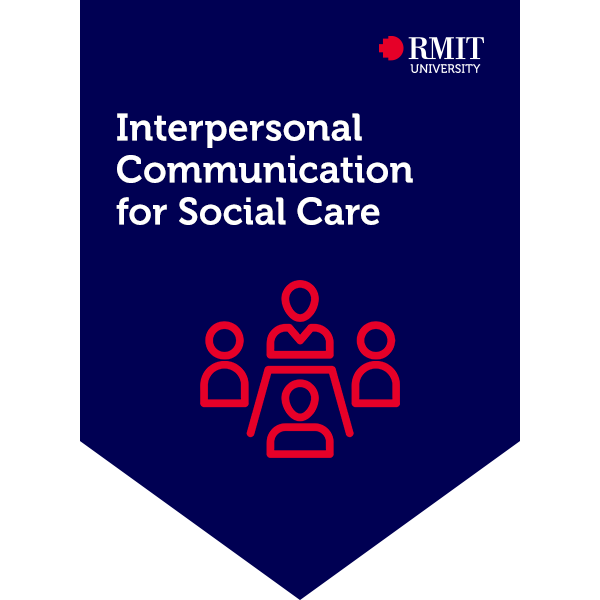Overview
Interpersonal skills, also known as people skills, are related to the way you communicate and interact with people. When employers are hiring, interpersonal skills are one of the top criteria used to evaluate candidates.
Regardless of the job you're applying for, employers will expect you to have excellent written and verbal communication skills. You will need to be able to communicate effectively with employees, managers, and customers in person, online, in writing, and on the phone.
The way in which you come across to others can speak volumes. People often form an impression of you within the first few seconds of meeting, so it's important that you present yourself as a professional.
People with strong interpersonal skills are often more successful in both their professional and personal lives.
Interpersonal skills include a wide variety of skills, though many are centred around communication, such as listening, questioning and understanding body language. They also include the skills and attributes associated with emotional intelligence, or being able to understand and manage your own and others' emotions
Skills and learning outcomes
- Display personal and interpersonal skills that mirror those expected in a social care environment
- Use clear and concise written communication to produce industry specific documentation related to social care
- Use digital literacies and presentation skills to present ideas, concepts and information in written, visual and verbal formats to diverse audiences and teams
- Alter communication practices based off formal and informal feedback within a social care environment
- Moderate professional communication when working with diverse teams and stakeholders within social care
- Communicate using workplace or industry specific vocabulary, structure, tone and style
Content
Interpersonal communication is recognised globally as a key capability required for work and life in the 21st Century.
An ability to interact and connect through digital systems and technology is vital for; the communication and sharing of ideas, global access to information, clarity in work and presentations, creative design work; the streamlining of processes and efficiency around work routines.
How does it work ?
Assessment will take place in the workplace. The learner will demonstrate their abilities through the unit of competency assessment, including practical demonstrations with rubrics and oral questioning by facilitators.
Practical demonstrations of interactions assessed via course facilitators. All communication skills will be assessed via a rubric.
The learner will be able to demonstrate the ability to:
1. Display personal and interpersonal skills that mirror those expected in a professional work environment
2. Moderate professional communication when working with diverse teams and stakeholders
3. Communicate using workplace or industry specific vocabulary, structure, tone and style



